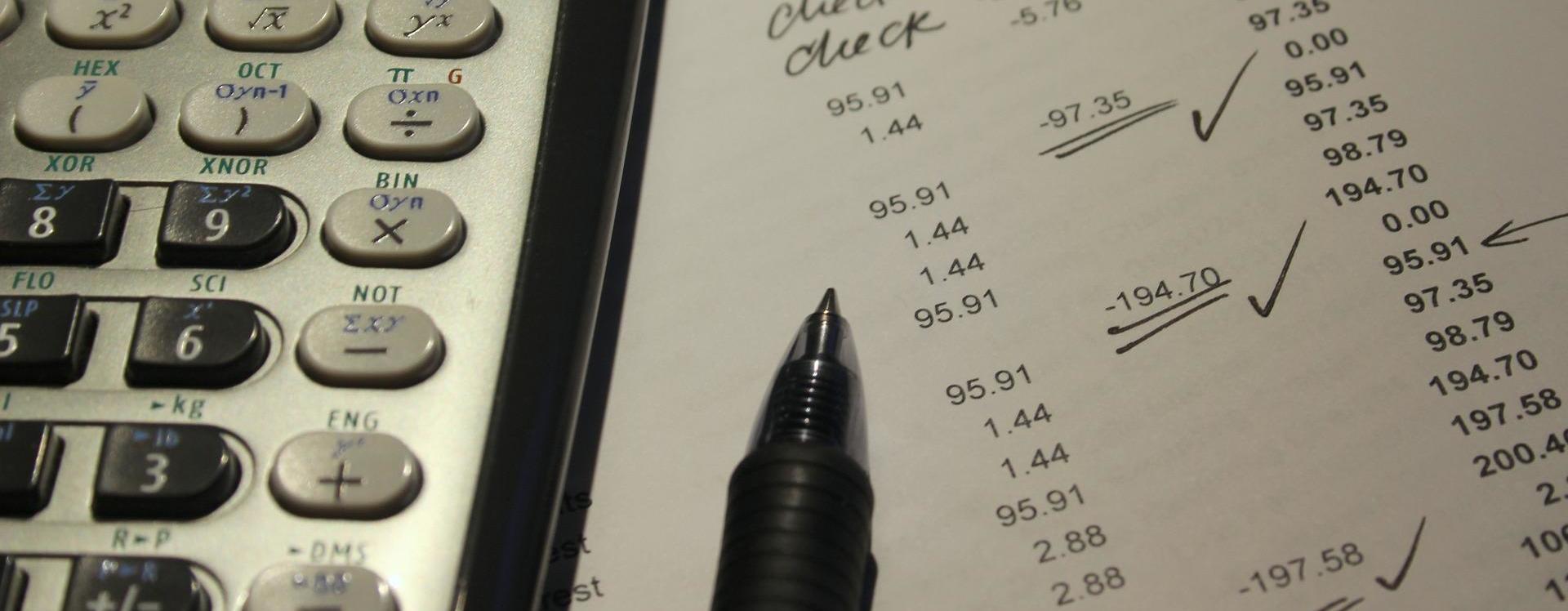Our Guide to Registering For VAT
Posted on 14th July 2022 at 09:21
Many small and medium sized enterprises (SMEs), will have researched when they have to register for VAT. As a bookkeeper and accountant for local businesses in Clacton-on-Sea, Frinton, Colchester, Maldon and the surrounding Essex and Suffolk area, we understand the challenges and questions that business owners have. We have put together this straightforward guide to share our expertise and to help those who are looking to understand the world of VAT registration.
Do I Need to Register For VAT?
Firstly, it is important to understand UK law and to be clear on your business' position in relation to this. The VAT threshold or limit is £85,000, so if your turnover has exceeded this amount over the last (rolling) 12 months, you must register. Similarly, if you are due to exceed a turnover of £85,000 in the next 30 days, you are required to register for VAT. You can also choose to register for VAT voluntarily, whilst your sales total less that £85,000. We like this article, which talks in more depth about the pros and cons of early VAT registration. At Office Minder, we can advise businesses in more detail about voluntary VAT registration and if this is something that is viable, so please get in touch if you need assistance with this matter.
What Do I Need Before I Register For VAT?
Your business contact details
Bank account details
Unique Tax Reference number
Details of your turnover and nature of business.
How Do I Register For VAT?
It is important to distinguish between goods and services that are VAT exempt, as the £85,000 threshold applies to VAT taxable services and some are not. You can head to the 'calculate your turnover' section section on the UK Gov website to determine this.
Most people register online and you can find everything that you need here in relation to registering for VAT.
When you have completed your registration, you will be sent a VAT registration certificate by HMRC, which should arrive within 30 days. Confirmation of the following will be included:
VAT number
first VAT return (and payment) details
effective date of VAT registration
It is from the 'effective date of VAT registration' (referenced above), that you will be able to do the following:
charge VAT correctly
pay any VAT that is due
submit VAT returns
keep VAT records and use a VAT account
follow HMRC’s Making Tax Digital for VAT rules (this is usually the case)
If you fail to register for VAT or to submit a VAT1 form you risk being fined by HMRC.
What is Making Tax Digital?
We like this video, which is helpful for you to understand how to follow the Making Tax Digital rules, which were created in 2019 and are now compulsory for all self employed and small businesses to use. The aim being to go completely paperless.
This also means that for accounting periods from April 2019, businesses have to keep digital records as well as make digital submissions. For some of you this may mean sourcing an accounting software that is compatible with the process.
There are different categories of VAT that you should investigate before you register. You can talk to your accountant, if you have one, and ask them for advice about which VAT scheme best aligns with your business.
Here at Office Minder, we can help you to register for VAT at the right time for your business. We want to show you how you can run your business in a cost effective way, and we have the tools and experience to do so. Please book in for a consultation to find out how we can help you.
Tagged as: Accountant and Bookkeeper Essex, Essex Accountant, Help with registering for VAT, Making Tax Digital
Share this post:

